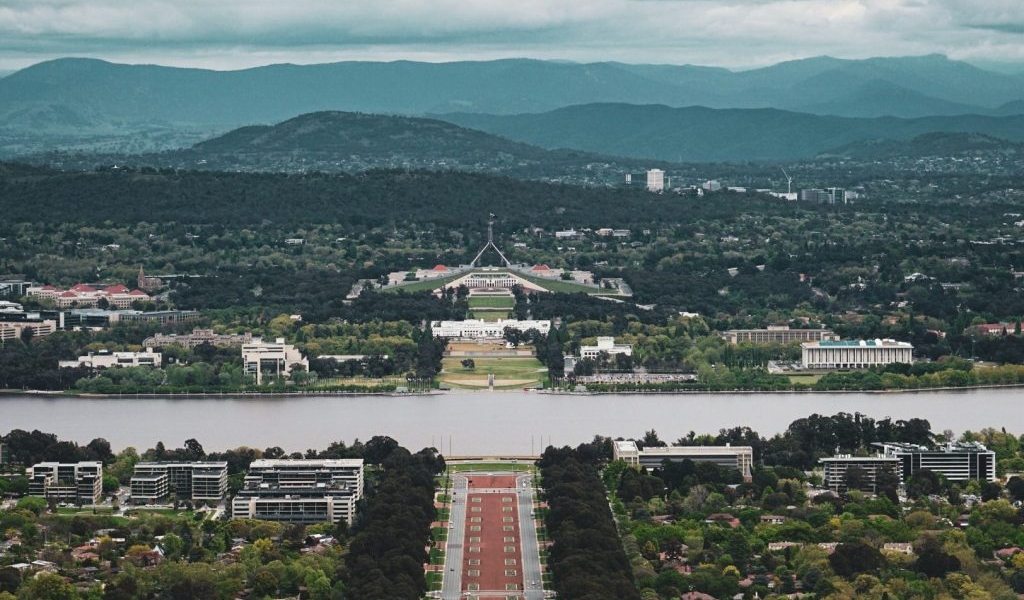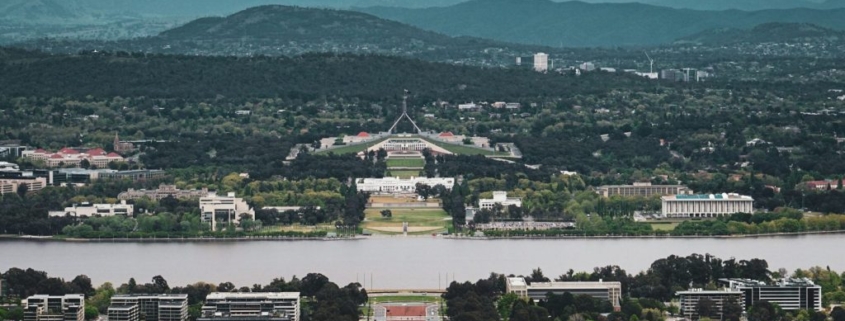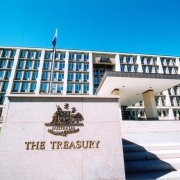National security isn’t what it used to be—and that’s the point
All prime ministers and presidents frequently tell us that national security is the top priority for government, but does the public see it the same way. And does that matter?
When people think of national security, it’s about spies, soldiers and submarines. But these days it’s about much more than those things.
But how much more? In an era in which global competition, trade policy, technological development and domestic stability are deeply entangled, the challenge is defining what should fall under the national security umbrella.
We need to identify which issues genuinely threaten Australia’s sovereignty, security and resilience and to plan and respond accordingly. The cabinet and senior public servants should lead this process, which must extend to building corresponding community awareness. With this, the government would have a social license to properly attend to public safety before crises erupt.
Australia’s understanding of national security has never been static. Prime minister Kevin Rudd’s 2008 National Security Statement adopted an ‘all-hazards’ approach, casting a wide net that encompassed terrorism, pandemics, economic stability and natural disasters.
Rudd established the position of national security adviser in the Department of the Prime Minister and Cabinet to coordinate the nation’s preparation for and response to the hazards. This action was ahead of its time but, unfortunately, foundational imperfections in the role resulted in its elimination in that form. It hasn’t been resurrected, yet.
Anthony Albanese’s government in its first term removed intelligence agency heads from the National Security Committee of Cabinet, a move that raised eyebrows across Canberra. ASIO’s director-general was reinstated to the committee only after it became clear the terror threat level in Australia would be raised to ‘Probable’. The oscillating moves reflect a broader uncertainty about what national security means this decade.
Part of the confusion comes from so many things now intersecting with national security. Trade? Just ask the Department of Foreign Affairs and Trade officials managing the fallout from economic coercion. Technology? The TikTok bans and semiconductor controls speak for themselves. Climate change is now within the purview of the National Security Committee and is increasingly framed through a security lens – necessarily so, given the need for due diligence on global supply chains and technological vulnerabilities.
This expansion has led some to cry foul, accusing governments of ‘securitising’ too many policy domains. The critique is intellectually fashionable in some circles, and driving it is often a (repeatedly failed) desire to take advantage of short-term economic opportunities and downplay long term risks.
Of course, not everything is a national security issue. Social-policy domains such as housing and taxation are vital to the national interest but not matters for the National Security Committee.
That’s why we need a more rigorous and transparent framework, a national security strategy and a national security adviser to ensure Australia recognises the blurred lines between economics, infrastructure, public sentiment and traditional statecraft. This is especially important when some nations, including China, have already fused not just their military and civil sectors but their entire economic, technology, security and diplomatic domains into cohesive national security strategies. When China uses state-owned enterprises and private companies to project influence or when it leverages supply chain dominance to punish dissenting states, it’s redefining what power looks like.
Because Beijing behaves like this, allies such as Australia need to support US competition policies such as TikTok bans and controls on semiconductor exports to China. Such action is the only way to keep democracies free of authoritarian technology, propaganda and beliefs. The freedom of speech and expression our nations hold so dear cannot be so anarchic that it enables Beijing and Moscow to sow doubt, division and destruction in our societies.
This complexity means policy leaders must get comfortable operating in the blur. Not every data breach, foreign investment bid or disinformation campaign will result in a smoking gun of external threat. But each may represent an incremental erosion of sovereignty or social cohesion. These cumulative risks are much of modern national security.
Achieving modernity and avoiding strategic naivety requires a national security strategy that sees the world as it is and adapts to global change, not one that is so inert that it becomes outdated or allows Keyser Soze to convince us he doesn’t exist. The most threatening example of this strategic naivety has seen democracies hesitate to interfere in the so-called free market despite China having long abolished it, by manipulating, subsidising, buying and stealing it from under our noses.
We therefore cannot afford to maintain the politically expedient principle of balancing economics and security. Short-term interest will always promote efficiency in economics over effectiveness in security.
And governments must not hold off security decisions because public attention on them is lacking. To quote Homer Simpson, ‘Just because I don’t care doesn’t mean I don’t understand.’ Most people may not be fully engaged in every national security debate, but they understand when something doesn’t feel right, such as when foreign-owned companies acquire critical infrastructure, when cyber breaches become routine or when state-sponsored trolls manipulate public debate.
We need to elevate national security literacy across government, linking economic policy, technology investment, migration planning and infrastructure development to resilience outcomes. This requires serious public conversations, led by the government.
It is poor leadership to wait for a crisis to act on defence and security. After all, governments, not the public, are responsible for keeping the public safe.



